Corals' natural 'sunscreen' may help them weather climate change
$ 12.50 · 4.6 (253) · In stock

Smithsonian Conservation Biology Institute scientists are one step closer to understanding why some corals can weather climate change better than others, and the secret could be in a specific protein that produces a natural sunscreen. As their name implies, Hawaiian blue rice corals sport a deep blue pigment, which is created by chromoprotein and filters out harmful ultraviolet (UV) radiation from the sun. Although UV damage may produce long-term impacts to reproduction in many coral species—including brown rice coral—it may not have the same effect on blue rice coral. The findings of this study were published June 9 in the paper "Reproductive plasticity of Hawaiian Montipora corals following thermal stress" in Scientific Reports.
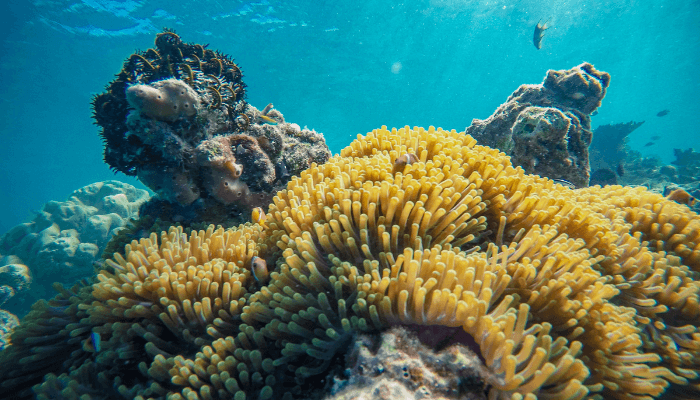
15 Amazing Facts About Coral Reefs

News Archive Smithsonian's National Zoo and Conservation Biology Institute

Aquarium crossbreeds wild and lab corals in landmark breakthrough

Great Barrier Reef 'now close to collapse' thanks to climate change

News Archive Smithsonian's National Zoo and Conservation Biology Institute

Animal News
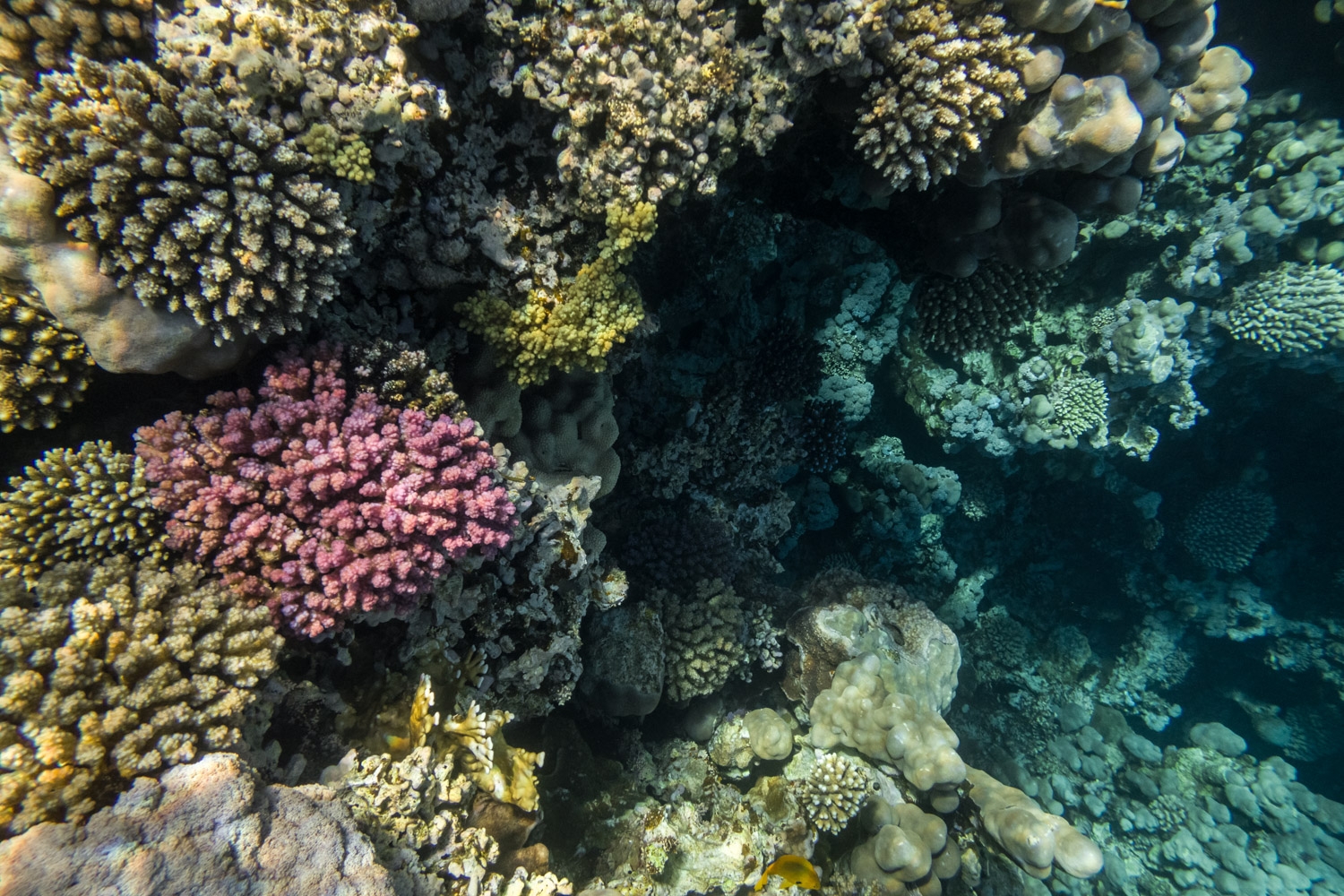
Middle East coral reefs: How sunscreen and mass tourism are taking a toll on marine life
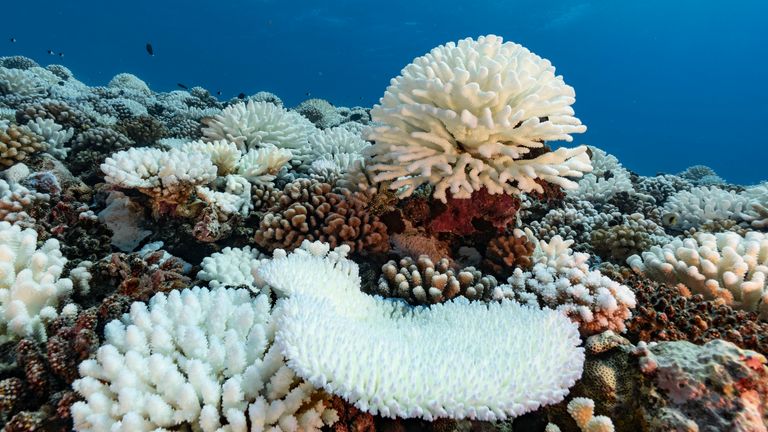
Corals creating own sunscreen for protection against rising sea temperatures, scientists say, UK News
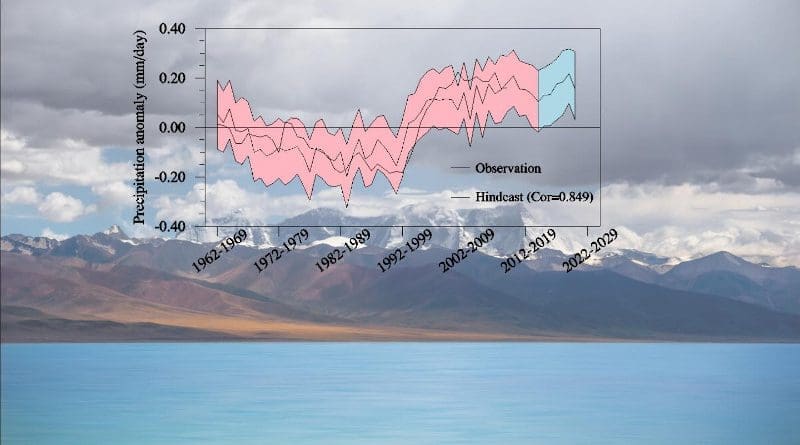
East Asia Pacific – Page 572 – Eurasia Review
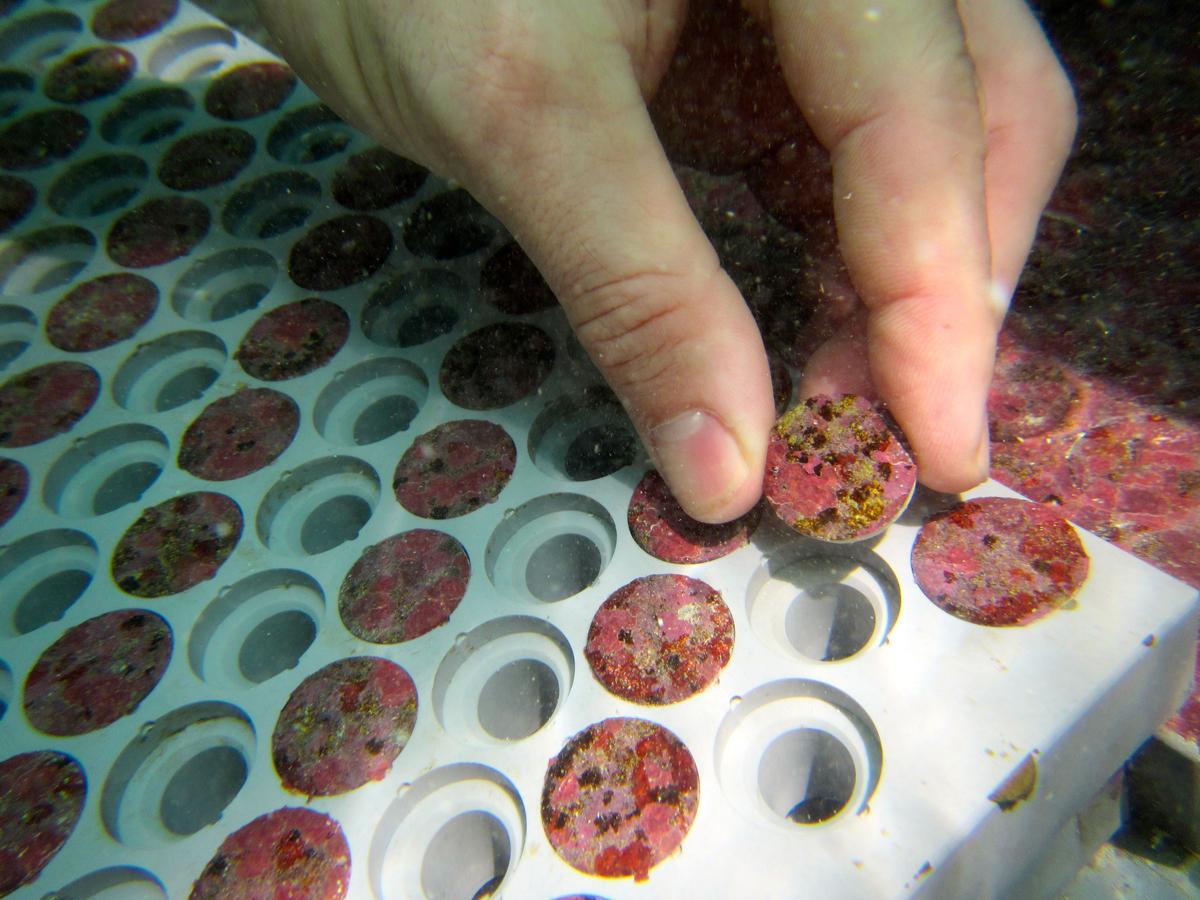
Saving Threatened Corals Smithsonian's National Zoo and Conservation Biology Institute

Animal News